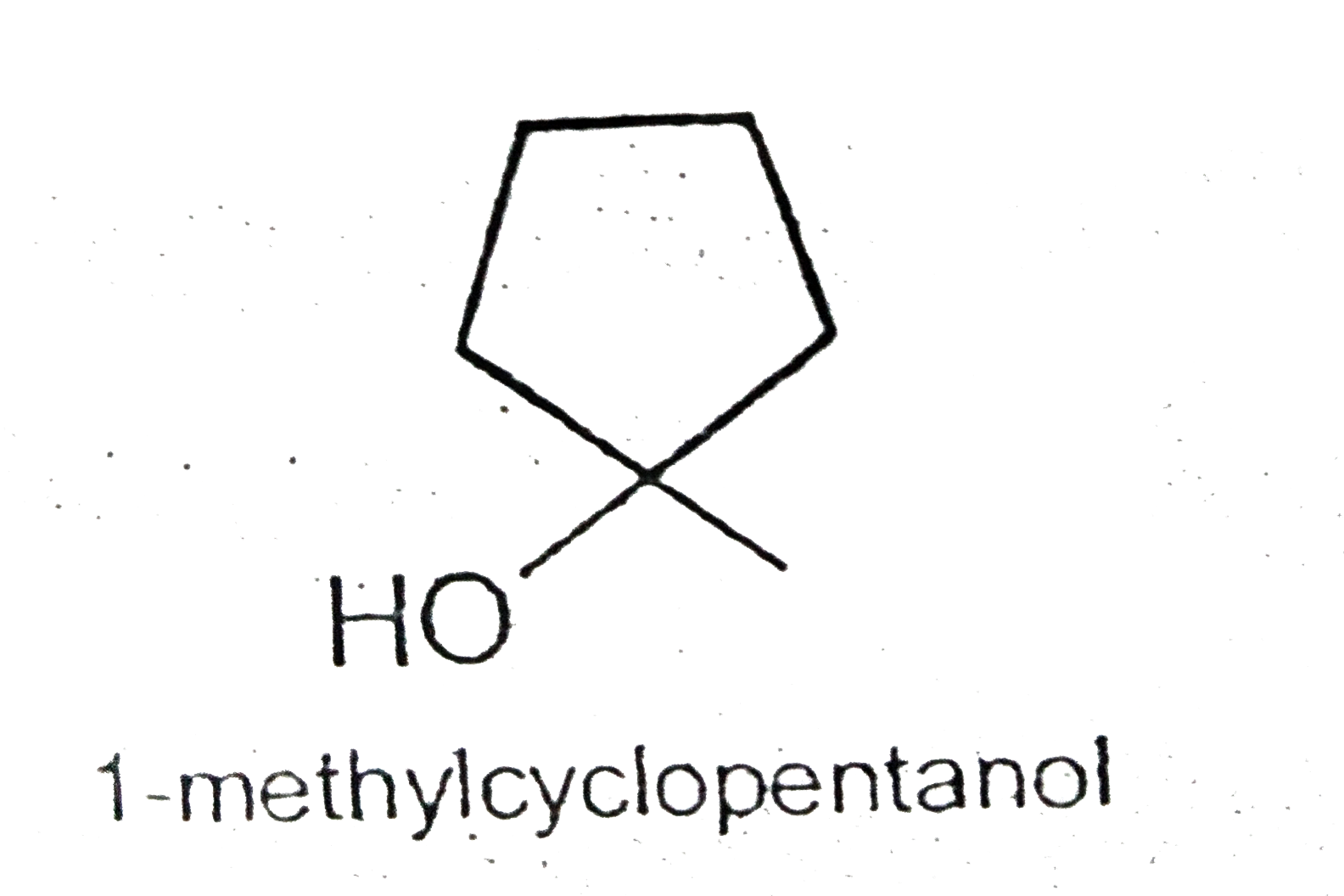Why only acids with five or fewer carbons are water soluble but many with six or more carbons dissolve in alcohols ?
To understand why only acids with five or fewer carbons are water soluble while many with six or more carbons dissolve in alcohols, we can break down the reasoning into several steps:
Step 1: Understanding Carboxylic Acids
Carboxylic acids have a functional group known as the carboxyl group (-COOH). This group is polar and can form hydrogen bonds with water molecules, which is a key factor in solubility.
Step 2: Solubility in Water
- Short-chain Carboxylic Acids (1-5 Carbons): Acids with five or fewer carbon atoms (like acetic acid, propanoic acid, etc.) are soluble in water. This is because the polar carboxyl group can effectively interact with water through hydrogen bonding, and the relatively small non-polar alkyl (R) group does not significantly hinder this interaction.
Step 3: Effect of Chain Length
- Long-chain Carboxylic Acids (6 or More Carbons): As the carbon chain length increases, the non-polar alkyl portion becomes larger. This larger hydrophobic (water-repelling) part of the molecule begins to dominate the overall properties of the acid, making it less soluble in water. The hydrophobic nature of the longer carbon chains resists interaction with water, leading to decreased solubility.
Step 4: Solubility in Alcohols
- Alcohols as Solvents: Alcohols (like ethanol) are less polar than water but still have a polar -OH (hydroxyl) group that can form hydrogen bonds. When carboxylic acids with longer carbon chains are introduced to alcohols, the less polar nature of alcohol allows for better solubility compared to water. The longer carbon chains can interact with the non-polar parts of the alcohol, making these acids more soluble in alcohols than in water.
Conclusion
In summary, the solubility of carboxylic acids in water decreases with increasing carbon chain length due to the dominance of the hydrophobic alkyl portion, while these longer-chain acids can dissolve in alcohols due to the less polar nature of alcohols and their ability to form hydrogen bonds.
---
Carboxylic acids have a functional group known as the carboxyl group (-COOH). This group is polar and can form hydrogen bonds with water molecules, which is a key factor in solubility.
- Short-chain Carboxylic Acids (1-5 Carbons): Acids with five or fewer carbon atoms (like acetic acid, propanoic acid, etc.) are soluble in water. This is because the polar carboxyl group can effectively interact with water through hydrogen bonding, and the relatively small non-polar alkyl (R) group does not significantly hinder this interaction.
Step 3: Effect of Chain Length
- Long-chain Carboxylic Acids (6 or More Carbons): As the carbon chain length increases, the non-polar alkyl portion becomes larger. This larger hydrophobic (water-repelling) part of the molecule begins to dominate the overall properties of the acid, making it less soluble in water. The hydrophobic nature of the longer carbon chains resists interaction with water, leading to decreased solubility.
- Alcohols as Solvents: Alcohols (like ethanol) are less polar than water but still have a polar -OH (hydroxyl) group that can form hydrogen bonds. When carboxylic acids with longer carbon chains are introduced to alcohols, the less polar nature of alcohol allows for better solubility compared to water. The longer carbon chains can interact with the non-polar parts of the alcohol, making these acids more soluble in alcohols than in water.
In summary, the solubility of carboxylic acids in water decreases with increasing carbon chain length due to the dominance of the hydrophobic alkyl portion, while these longer-chain acids can dissolve in alcohols due to the less polar nature of alcohols and their ability to form hydrogen bonds.
Topper's Solved these Questions
- BOOK - ICSECHAPTER - ALDEHYDES, KETONES AND CARBOXYLIC ACIDSEXERCISE - EXERCISE (PART-I OBJECTIVE QUESTIONS)303videos
ALDEHYDES, KETONES AND CARBOXYLIC ACIDS
- BOOK - ICSECHAPTER - ALDEHYDES, KETONES AND CARBOXYLIC ACIDSEXERCISE - EXERCISE (PART-II DESCRIPTIVE QUESTIONS) (VERY SHORT QUESTIONS)282videos
ALDEHYDES, KETONES AND CARBOXYLIC ACIDS
- BOOK - ICSECHAPTER - ALCOHOLS, PHENOLS AND ETHERS EXERCISE - ISC EXAMINATION QUESTIONS25videos
ALCOHOLS, PHENOLS AND ETHERS
- BOOK - ICSECHAPTER - APPENDIX II ( TYPICAL CONVERSIONS)EXERCISE - AROMATIC CONVERSIONS98videos
APPENDIX II ( TYPICAL CONVERSIONS)
Similar Questions
Knowledge Check
- Question 1 - Select One
Carbon dioxide dissolves in water to form
Asulphuric acidBhydrochloric acidCcarbonic acidDcarbon monoxide
Why lower carboxylic acids are soluble in water?
View SolutionWhy amines are less soluble in water as compared to alcohols?
View SolutionWhat is the use of solubility of oxygen and carbon dioxide in water?
View SolutionAlcohols are weaker acids than water. Why ?
View SolutionCompared to air sound heard is more in carbon dioxide why?
View SolutionDesign a synthesis of 1- methylcyclopentanol using alcohol with no more than five carbon atoms as the only source of carbon in the final product.
 View Solution
View SolutionGive the biological importance of carbon dioxide dissolved in water.
View Solution

